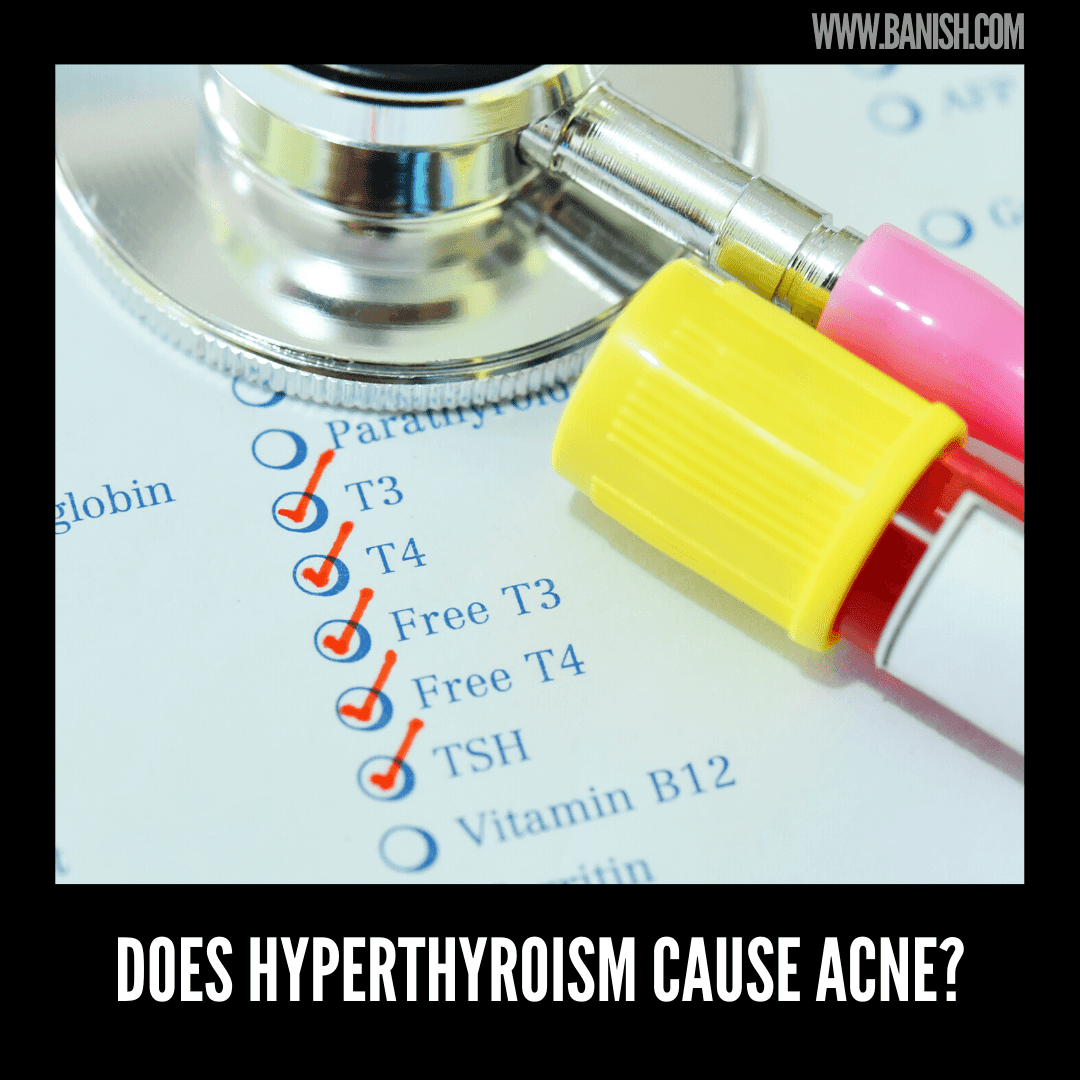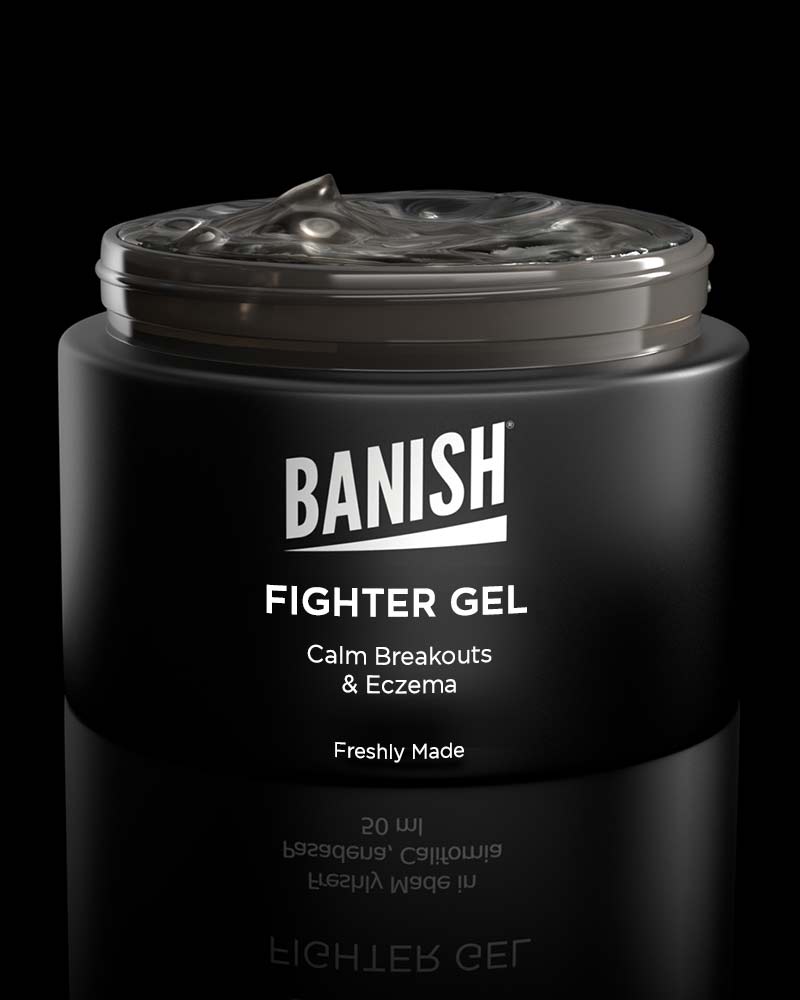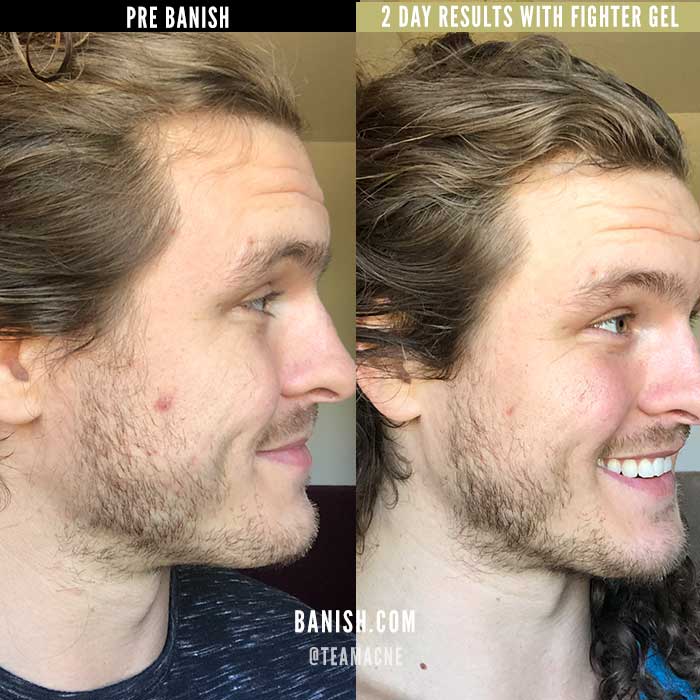By Vinni
What is hyperthyroidism? How are hyperthyroidism and acne connected with each other or why does hyperthyroidism cause acne? Is it possible for a person with thyroid problems to develop acne as well?
Skin conditions associated with thyroid hormone are common. In fact, thyroid hormone is actually an important regulator in the homeostasis of the epidermal. If the thyroid isn’t functioning properly, the skin will not be able to regulate as easily.
What Is Hyperthyroidism?
Having a greater understanding of thyroid function and how it relates to skin conditions such as acne may help alleviate this noticeable and frustrating condition.
The thyroid is a large gland in the neck that secretes hormones regulating growth and development. The thyroid gland produces and regulates thyroid hormones, which can affect energy levels, mood, and even weight. It has long been believed that the thyroid hormone is an important regulator of epidermal homeostasis – that when things go awry with your thyroid, things can also go awry with your skin. Hormones released by the thyroid gland travel through the bloodstream and therefore have the ability to affect practically every part of the body, including the skin.
Hyperthyroidism occurs when our thyroid (which is the butterfly-shaped gland at the bottom of our neck) produces too much of thyroxine. What hyperthyroidism does is that it accelerates your body’s metabolism which results in unintentional weight loss and a rapid heartbeat.
Does Hyperthyroidism Cause Acne?
There’s a study done or conducted where thyroid auto-immunity or thyroid disease has been detected in a number of chronic inflammatory skin conditions such as chronic acne vulgaris and chronic idiopathic urticaria.
Although there is no deep correlation between hyperthyroidism and acne, another study shows that those with acne had higher levels of thyroglobulin antibodies even though they didn’t have elevated TPO antibodies, which led the authors to conclude that thyroid auto-immunity is likely to be more frequent in adult acne patients.
When you have thyroid associated acne, you may have pustules/cysts on your face that are usually associated with oily skin despite your face being really, really dry. So you don’t know whether to use drying-out creams and gels on your face to stop the acne or to apply moisturizer on your face so it doesn’t peel off! This is typical of thyroid acne. Something else which is a clear indication is your hair. When my thyroid went haywire, my skin did too, and immediately afterward my hair became unrecognizable. It was dry, and shedding like crazy.
In patients with hyperthyroidism, most dermal findings derive from autoimmunity rather than direct thyroid hormone action. Still, hyperthyroidism can cause skin characteristics to change.
Skin manifestations of thyroid dysfunction may be divided into three categories:
- Direct action of thyroid hormone on skin tissues
- Skin manifestations of direct thyroid hormone action on non-skin tissues
- Autoimmune skin disease associated with thyroid dysfunction of autoimmune etiology
1) Direct action of thyroid hormone on skin tissues - While hypothyroidism can result in coarsened, thin, scaly, dry skin, hyperthyroidism can result in smooth, thin skin.
2) Skin manifestations of direct thyroid hormone action on non-skin tissues - Hyperthyroidism can result in erythema (redness), and increased hyperpigmentation.
3) Autoimmune skin disease associated with thyroid dysfunction of autoimmune etiology – such as eczema.
Clearly the evidence shows that thyroid dysfunction can manifest on our skin in a variety of ways. But dry skin and redness are not acne. Can thyroid problems also cause acne?
Why Does Hyperthyroidism Cause Acne?
Overactivity and underactivity of the thyroid gland may result in alterations in skin, hair or the nails. This may be as a result of the abnormal level of thyroid hormone, or a consequence of an underlying condition. Hormonal imbalance has been cited as one of the significant causes of acne. Imbalance in androgen hormone is a common cause of acne in older women. Another less known but significant factor in acne production is the imbalance in thyroid hormone. Acne due to thyroid disturbances is more complicated to treat as the condition does not resolve easily.
The scientific community is already well aware of the effects that hormones can have on our skin, and we know that underlying hormone imbalances can render acne unresponsive to conventional therapy. This means that not only are hormones responsible for some cases of acne, but the hormonal imbalances must also be addressed in order to rid us of these pimply lesions.
There is also the potential that the decrease in Sex Hormone Binding Globulin (SHBG) as a result of hypothyroidism may increase testosterone levels that can affect hormone receptors in our skin, and thus, also affect our acne. SHBG has a high affinity for testosterone, and will bind to it preferentially over estrogen. Since testosterone and its conversion to DHT are the primary androgens in acne, decreased SHBG as a result of hypothyroidism may lead to a worsening in acne. However, experts mainly associate hypothyroidism or low thyroid function with lower testosterone levels, and elevated thyroid function, or hyperthyroidism, with increased testosterone.
There are other ways on how hyperthyroidism triggers acne:
1) Not enough Zinc – This leads to a sluggish thyroid which in turn leads to even lesser zinc, and less zinc leads to skin problems.
Zinc supplements have been used for years in cases of both mild and inflammatory acne. In fact, research has shown us that people with acne have much lower levels of zinc when compared to those who have clear skin and that in supplementing zinc acne lesions reduced by 50%.Deemed a natural cure for hormonal, cystic, or even regular good ole whiteheads, today I wanted to take a second to explore what exactly zinc is, what the best form is for acne, and how it works to treat and prevent new breakouts from forming.
Zinc is a naturally occurring trace metal; it’s found in the earth, air, foods we eat, and in our bodies. Zinc is critical to our health, working to build the immune system, helping our cells grow, regulating our appetite, and speeding up the healing process of wounds. A few foods where you can naturally find zinc are oysters, crab, beef and lamb, wheat, spinach, and pumpkin seeds.
2) Masturbation/excessive orgasms - Orgasming is brilliant, but it puts your body through a lot of stress. Orgasming too frequently can cause your thyroid to slow down, and for a long time.
3) Blood sugar imbalance - Too high blood sugar, insulin resistance, etc. can alter the functioning of your adrenal glands, and then, in turn, your thyroid.
4) Lack of vitamins/minerals/fatty acids - Try taking vitamin supplements such as Vitamin D, C, and A as well as epsom salt baths for Magnesium, as well as essential fatty acids such as GLA or omega-3, all of which can fix an imbalance in the body and thus fix your thyroid. Vitamin A deficiency is especially linked with thyroid.
5) Lack of carbohydrates in diet - Carbs are said to be a no-no for acne, but the truth is the body depends on carbs, whether simple or complex, for energy and to speed up metabolism. If you have cut carbs out significantly from your diet, it could lead to a thyroid imbalance.
How To Prevent Acne?
Despite all of this, you may still be convinced that your skin woes are the result of thyroid problems. What steps can you take, then, to improve your chances of eliminating your acne?
Actually, there are natural ways on how you as a patient with hyperthyroidism can prevent acne:
- Get more sleep
- Have a better diet
- Exercise
- Stress less/master your emotions
- Take zinc
- Drink coconut oil
- Have some carbs
- Take vitamins
However, if real thyroid problems are present, nutritional and lifestyle changes are not always so effective, and medication is often needed to correct the issue. Thyroid problems can cause very serious health issues that require careful monitoring and remediation with a licensed professional. It isn’t something that should be self-diagnosed or self-treated with natural remedies.
A simple way to know if you have thyroid problems that could be contributing to your acne is to get blood work for your thyroid levels done. It’s best to just take the guesswork out of it, so you can focus on the real underlying causes of your acne.
























Leave a comment
All comments are moderated before being published.
This site is protected by hCaptcha and the hCaptcha Privacy Policy and Terms of Service apply.